Tell us about yourself, your background, and your current role.
I studied Fashion and Business at University, going on to work for multiple retail companies before joining BAE Systems. I joined as a contract manager within the Supply Chain team in 2015. During my time here I have worked across multiple different build programs and buying different commodities and managing different sizes of teams. I was given the opportunity to join the programme commercial team in 2023 and I am now enjoying the role as a Senior Commercial Manager.
Did you ever sit down and plan your career?
In my early years in my career I didn’t. I would focus on my current role and how I could continue to grow and develop. I was open to different opportunities that presented themselves to me. I would look to the level above, observing their behaviours and look to see what I could learn from them. I often asked to take on stretching tasks or shadow managers in their meetings/roles to learn from them. I have been involved in some fantastic projects doing this. One that stands out is, when I was a junior member of the team in a Fashion Business, I was given the opportunity to support the Director in a buyout of another fast fashion company. I learned a lot from that role which gave me good skills which have done me well during my career.
Since joining BAE Systems I have been encouraged to think about my development and what I would like to pursue in my career. I have continued to be proactive in seeking out development opportunities, particularly in areas I feel I have a weakness, as I believe this helps round me for future opportunities. I think you can loosely plan out your career but working in a dynamic environment you also need to have a flexible approach. You never know what the next opportunity might be and often they are not ones you expected or had in your plan. Not every opportunity will be right for you but you should consider how they fit your current skills set, what you will learn from it and will you enjoy it.
Who are some of your female role models and why?
I am fortunate to work in a business with numerous inspiring females in senior leadership roles. I have taken the opportunity to speak to and learn from many of them. They are honest about their careers, how they have managed a sometimes lack in self belief, and how they juggle their career with family life. Several of these individuals have young families while delivering in a senior leader or Directorship roles. I find their honestly and vulnerability inspiring, whilst also learning from how they tackle and approach the challenge.
What are some of the biggest challenges you’ve faced in your career? How did you overcome them?
In my first managers role I was promoted from within my team. I went from being their peer to their manager over night. I found it challenging trying to navigate that new relationship with them whilst also trying to understand my new role. The team would come to me with their issues and expect me to know the answers which of course I didn’t, having only been in the role for a few days. I found it challenging to accept that I didn’t know all the answers, but I soon realised I didn’t need to know as I had others around me who did, and I could lean on their expertise for help.
I had a good network around me which I would lean on. I would reach out to previous managers or others I trusted for guidance and help. I also had a mentor who I would have regular discussions with on various challenges I had.
Would you recommend people new to leadership have a mentor? Have you benefited from being mentored at any time during your career?
Yes I would highly recommend this. I have had numerous mentors over my career and still do now. When I had my first line manager role, I had a mentor out with my business unit. This worked well, particularly when I was facing challenges. I was able to discuss issues confidentially and get guidance on the best way to approach the situation ensuring I got the best outcome for the business and myself. Most issues you face, a similar situation has happened to others, it is just the first time you have faced it. Using the knowledge and experience from others will allow you to manage the situation in the best way and avoid mistakes others may have made. It also allows you to discuss things that may have went wrong and understand how you could do differently next time.
I now actively seek out mentors, approaching people who I believe have strengths in areas I wish to develop in. I have always found everyone I approach to be happy and willing to support me.
What do you think is the most significant barrier to female leadership?
I think defence is historically a male dominated industry with fewer females being drawn to it which resulted in fewer female leaders. However I don’t feel this is still the case. There are many females in roles of leadership within my company. There is still a way to go to increase the diversity within leadership roles in many companies but I am starting to see a shift in the right direction.
What’s the most dangerous behaviour/trait that you have seen derail female leaders’ careers?
Imposter syndrome is something that can really affect how people believe in themselves. This has often been perceived to only be experienced by females. However I know males within leadership roles who are also affected by this.
What factors do you believe impact a woman’s ability to lead others?
I think there are multiple issues that can affect someones ability to lead others. However I don’t think these are exclusive to woman. In order to lead others I believe it is important to understand your team and what drives/motivates them in order to get the best out of them. Having clear goals and expectations allows people to thrive in work.
Have you ever felt the imposter syndrome, and if so, how did you navigate your way through it?
Yes I have felt this at several points in my career. Often before I manage a big change or need to tackle a challenging issue. I use self-reflection to identify if I have been in a similar situation before, how I managed it and what the outcome was to try navigate through. I also believe it is important to use people you trust to discuss issues or concerns you have, often they see you differently to how you see yourself. Reaching out for feedback over the course of the year on how you are delivering or being perceived by your peers or key stakeholders around you can be a good way to manage this. I use feedback to understand myself, my strengths and areas I need to develop further.
How have you built confidence and/or resiliency over the course of your career?
I think pushing yourself outside of your comfort zone is a great way to build your confidence and resilience. I identified areas I lacked confidence in and felt I needed to develop in. I then spoke to my manager at the time on these areas and we created a development plan to gain experience in them. Instead of shying away from tasks I was unsure of, I faced them head on.
Another thing I use is a technique a mentor taught me. At the end of the week reflect on your week, acknowledge what went wrong and identify how you would do it differently but also identify what went right. Particularly at the end of challenging weeks when things didn’t go to plan, being able to see some positives really helps.
As you become a leader you often need to make difficult decisions or have difficult conversations, this is something I can still find hard at times and had to really work on my resilience with. When having a challenging conversation I always make sure I am fair and factual with what I am saying and how I deliver the message.
I also worked on my resilience outside of work. Taking on some sporting activities which really challenged me. I am not a naturally sporty person so it was a real challenge to increase my stamina to allow me to train for and complete a marathon and also competing in some Crossfit competitions. My goal for both was to improve my time/scores and compete against myself. Completing them gave me real sense of achievement and showed me what I could do when I really set my mind so something.
Do you have any advice for young women who are starting their careers?
What has worked well for me is having the right attitude. Being willing to learn from others with experience and listen to constructive feedback. You don’t need to know all the answers but make sure you ask for support when you don’t.
Take opportunities that come your way, even if they seem scary at the time.
Having good support from a manager or a mentor is really valuable. Don’t be afraid to reach out to someone you respect and ask them to mentor you.
You are responsible for your own development, managers are there to support you but it is important you lead and drive it.
Work on your self-awareness and get to know yourself. Understand what drives you and motivates you, will allow you to assess opportunities that come your way and if they are a good fit for you. If you are not sure, ask someone who you trust for advice.





Responses